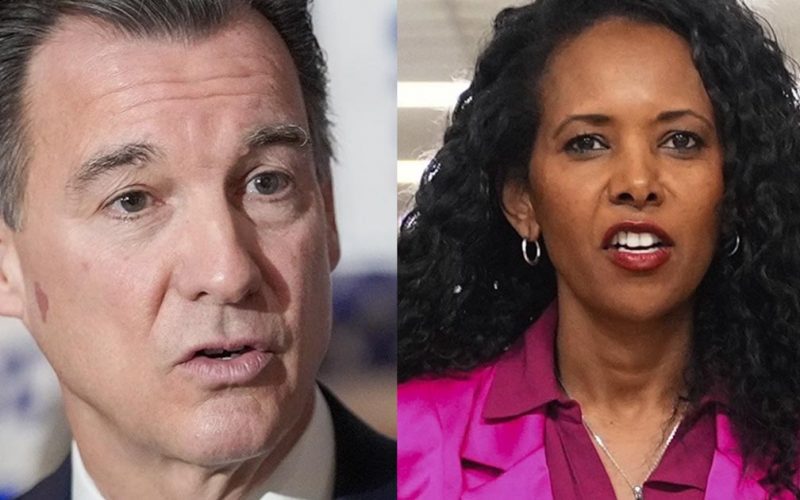Former Democratic Rep. Tom Suozzi won the special election to replace ousted Republican Rep. George Santos of New York on Tuesday, according to The Associated Press.
Suozzi beat Republican nominee Mazi Melesa Pilip 58.7% to 41.3% for New York’s Third Congressional District, which represents part of Long Island, the AP projected at the time of writing.
The former congressman previously held Santos’ seat for three terms until he unsuccessfully ran in the Democratic primary for governor in 2022.
The former congressman launched a bid for the seat in early October, roughly two months before Santos was expelled from office.
Santos was ousted on Dec. 1 after he had racked up two indictments over allegations of fraud and a damning House Ethics Committee report was released.
Pilip had been serving as Nassau County legislator before she was selected to run for the seat in mid-December.
The Republican immigrated to the U.S. after her time in the Israel Defense Forces (IDF), according to the campaign’s website.
Democratic groups outspent the GOP in advertising for the race, and Suozzi also disbursed $1.6 million more than Pilip leading up to the special election, according to Federal Election Commission data.
The former congressman brought in a total of $4.5 million during his time as a candidate, while Pilip raised $1.3 million.
The top issue among voters in the swing district, which went for President Joe Biden by eight points in 2020, was immigration.
Republicans largely focused their ads on attacking Suozzi over the issue, while Democrats attempted to paint Pilip as a member of the “MAGA” movement.
Immigration continues to be front of mind to voters across the country, as the Biden administration has seen a record number of illegal border crossings.
Americans tend to trust former President Donald Trump more to handle the issue than Biden.
A Siena College survey released on Feb. 8 found Suozzi leading Pilip 48% to 44% among likely voters, but the same poll found Trump five points ahead of Biden in the district.
An earlier Emerson College poll indicated the former congressman had a three-point edge among registered voters, and was leading by 14 points when only those who were “very likely” to participate in the special election were included.

